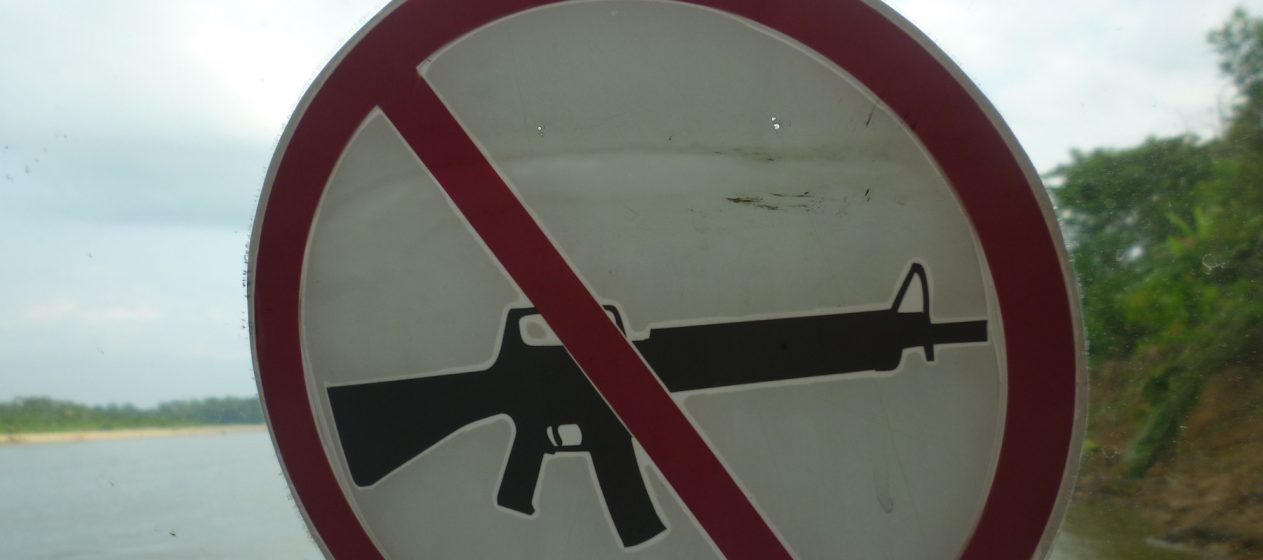Researcher: Dr Annette Idler
Funder: Higher Education Innovation Fund
External Partners: United Nations (UN System Staff College and UN Colombia)
Conflicts involving militias, paramilitaries, rebels, cartels, or terrorist organisations (collectively referred to as violent non-state groups) are the most lethal form of violence in the world today. The fierce urgency of current crises demonstrates the need to learn lessons from those conflicts which have been peacefully resolved.
In Colombia, peace negotiations between Colombia’s government and the rebel group FARC hold out the promise of an end to more than five decades of violent conflict, which has left 220,000 dead and produced a refugee crisis second in scale only to that of Syria. Colombia’s borderlands are the regions that have been most affected by the conflict, but are also fertile grounds for myriad cartels and gangs involved in multiple forms of transnational organised crime. These border areas require a tailor-made post-conflict strategy for the best hope of a successful resolution.
This project aims to inform such a strategy, and through fieldwork and interviews across Colombia’s most troubled regions, the research has provided a better understanding of how local people are affected by the conflict, and their visions of a sustainable peace. By creating a bridge between marginalised groups and decision makers, Dr Idler’s research plays a vital role in ensuring that peacebuilding policies reflect on-the-ground realities.
Working in partnership with the United Nations, the project will provide training and materials to equip both UN staff and governments. Dr Idler has co-designed a training module for UN staff, has facilitated UN training in Jordan and has published a policy briefing, circulated to staff from humanitarian agencies, international governments, and the UN. These initiatives will enable the UN to learn from previous conflicts and to tackle violent non-state groups in a variety of marginalised regions. The project will therefore aim to enhance the security of the thousands of people still living in Colombia’s borderlands, and take lessons learnt to other war-torn regions such as Syria, Afghanistan and Iraq.





